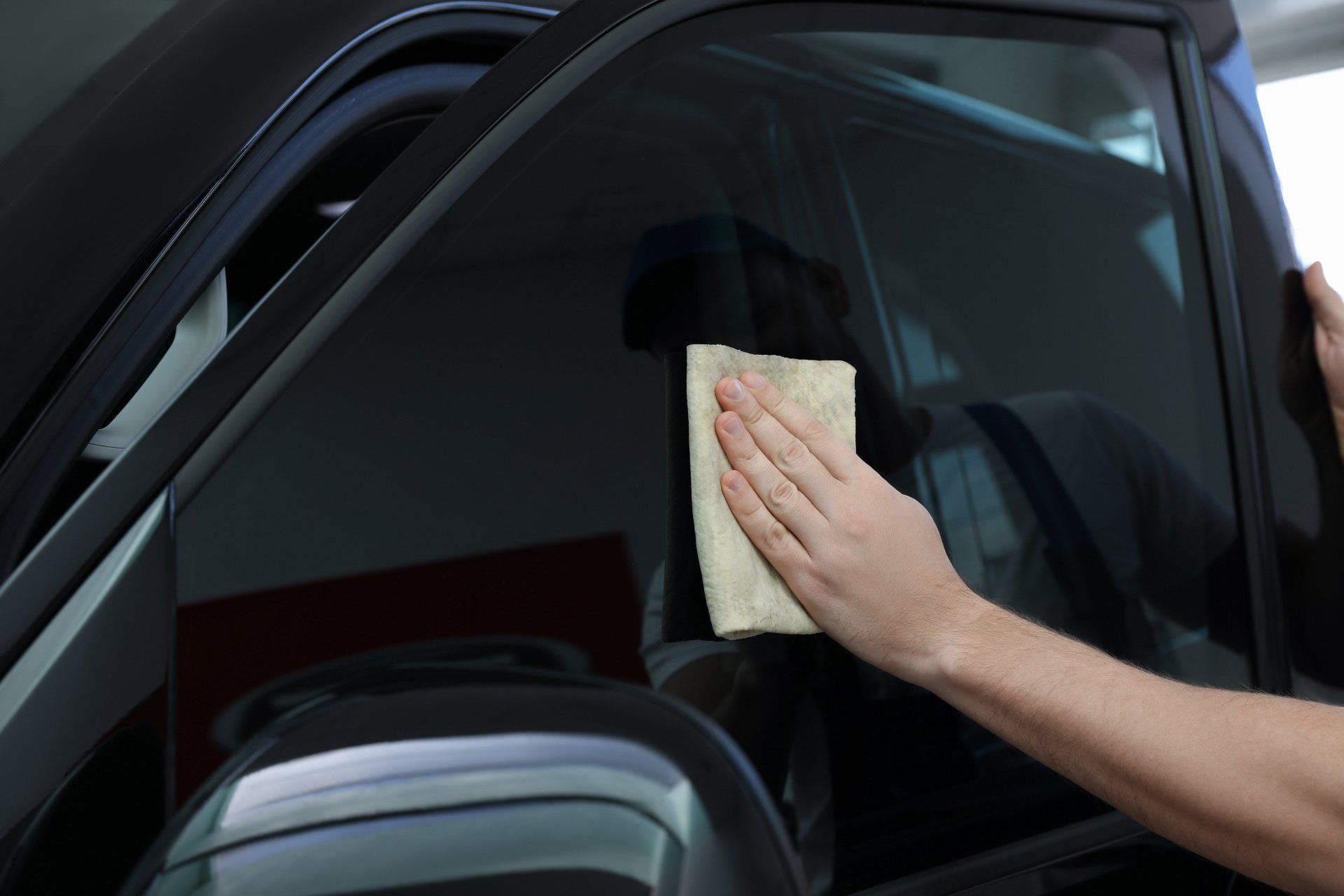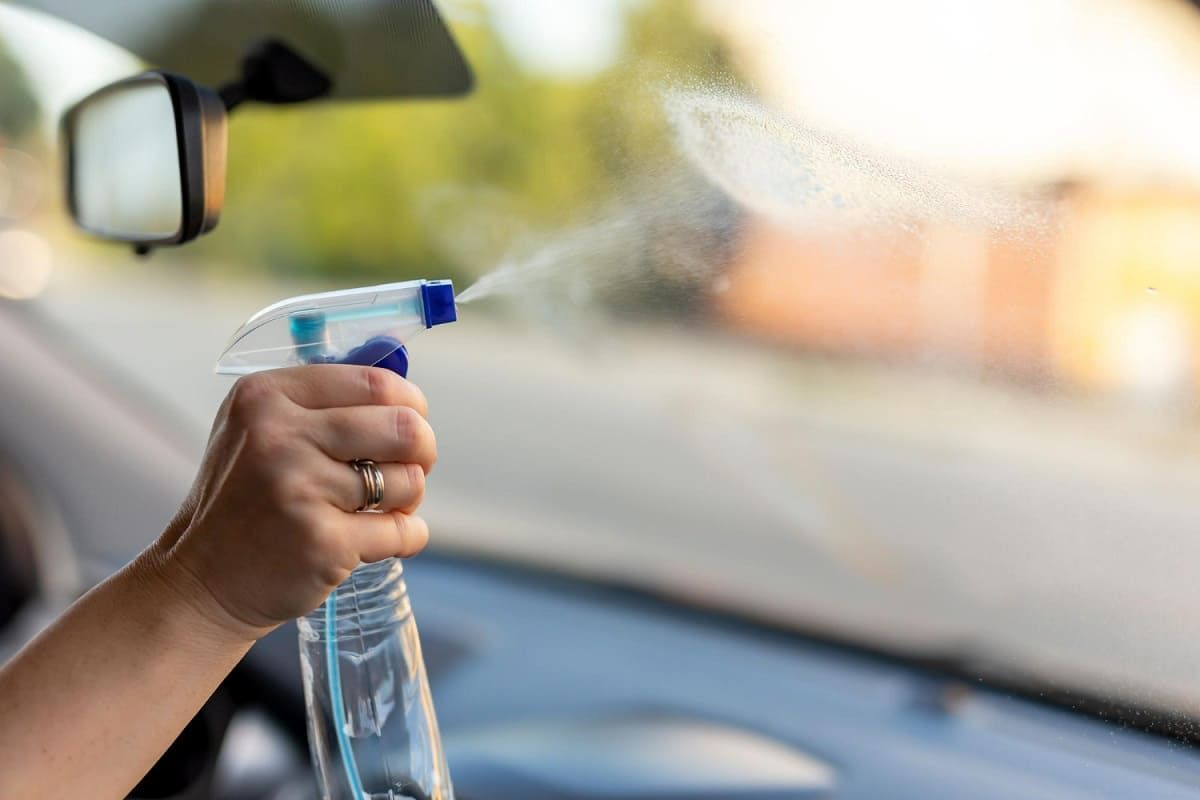How to Care for Newly Tinted Windows
Have you recently tinted your car windows? Do you want to know how to care for newly tinted windows? Read on to learn more.

There’s a reason the window tinting market is projected to grow to over 16 billion by 2030. These simple solutions offer better energy-efficiency, skin protection, privacy, and much more.
Of course, if you’re just joining the growing number of Americans with tinted windows, you might be worried about protecting your new investment. How can you ensure you get to enjoy the benefits of your window film for years to come?
We’ve got you covered! Whether you’re looking for home, office, or car window tinting advice, here’s everything to keep in mind about how to care for newly tinted windows.
Don’t Touch Your Windows Right Away
Chances are, you won’t have the urge to clean your windows right after the tint installation. However, if you find yourself ready to give them a good scrub, be sure to wait until the tint has had a chance to cure.
After the installation, all window tints will take time to fully adhere to the glass. Depending on the type of tint you’ve chosen, this period can last for anywhere from 48 hours to a week or more. Check the manufacturer’s literature for details, or work with a window tint expert to learn how long you should wait.
At this time, you should also avoid adhering any stickers, hooks, suction cups, or other objects to your windows.
When it comes to car window tinting, there are a few extra things to keep in mind. First, don’t forget to keep those windows rolled up during the curing period! Rolling them down can cause the film to bunch or wrinkle.
In addition, avoid heading to the car wash while you’re waiting for the tint to set. If you find that you need to clean your windows, wipe them down with a soft microfiber cloth.
Avoid Scrubbing Early Imperfections
Don’t jump to clean initial imperfections! Your tint may look cloudy or hazy in the first few days after the installation, or you might notice small bubbles or water pockets. These may happen when extra water collects between the tint and the glass.
Over time, this liquid should evaporate on its own through the tiny pores in the film, allowing these temporary flaws to smooth away. If you notice that hazy spots or bubbles remain for more than a week or so, be sure to reach out to your installer.
Clean Your Windows With Care
Tinted window film is durable, and most options come with scratch-resistant coatings. However, this doesn’t mean you should assume you can clean them with any product.
Choose Gentle Cleaning Solutions
Whether you’re focused on residential, commercial, or car window tinting maintenance, it’s crucial to choose the right products. Many cleaning solutions contain harsh detergents that may make your tint break down over time.
Avoid using products with ammonia, which can whiten or scratch your film. Baking soda is another abrasive substance to avoid, as it can both wear down the tint and reduce the window’s transparency.
To be safe, reach for gentle products like isopropyl alcohol 70% or white vinegar, though you’ll need to add a bit of lemon juice to the latter before applying it to your window.
If you prefer a store-bought product, even name-brand cleaners like Windex offer gentler, vinegar-based alternatives to their more abrasive main product. You can also find products made for tinted windows, which are often a safer bet.
Use Soft Tools
The gentlest cleaning solution in the world won’t help if you’re applying it with a coarse tool. When cleaning, reach for soft sponges or microfiber cloths instead.
For a streak-free finish, we recommend using one cloth or sponge to wipe down the window and a second one to remove any lingering cleaning product. Otherwise, a small squeegee is a good way to remove excess water from the surface of your window.
Keep Up With Your Regular Cleanings
Though it may be tempting to put off your regular window cleanings, it’s important to address any problems as soon as possible. Cleaning bird droppings, tree sap, debris, or other streaks right away can help lengthen the lifespan of your windows. Not only can it help you avoid stains, but it can also keep you from struggling to remove set-in debris with more abrasive cleaning tools.
If you’re looking for car window tinting tips, it also helps to avoid parking under trees when possible, as well as to stick to shadier spots. Though window tint is designed to protect you from the sun, constant sunlight exposure will also cause the film to break down faster.
Be Careful Around Your Windows
Again, your window tint is designed for durability, and many major brands come with warranties that extend for 15 years or longer. However, it’s important to remember that your window tint is not invulnerable, and "scratch-resistant" and "scratch-proof" are not the same.
Avoid putting your windows in contact with sharp objects. For home and commercial window tinting, this tends to be straightforward, though households with children and pets may be more prone to light scratches.
For cars, it’s a different story. Make sure to take care when loading and unloading objects into your vehicle. You’ll also want to remove your seat belt with care, as letting the buckle fling into the window has ruined many a window film!
Know How to Care for Newly Tinted Windows
If you’re hoping to protect your new investment for years to come, our simple residential, commercial, and car window tinting guide can help. Though tinted windows don’t need a great deal of maintenance, knowing how to treat them right can extend their lifespan and keep them looking like new. Our staff at All Pro Window Films, Inc. is here for you!
Ready to get your hands on the best window tint for your needs? Our expert film installers offer car, home, and office window tinting services to help you customize your space. To learn more about what we can do, contact us or get a free estimate today.
ALL PRO
WINDOW FILMS1301 Newton RdRaleigh, NC 27615
Business Hours:Monday - Friday: 8am to 5pmSaturday: By Appointment OnlySunday: CLOSED
LEAVE US A REVIEW
MAKE PAYMENT
EMPLOYMENT
All Rights Reserved | All Pro Window Films

















